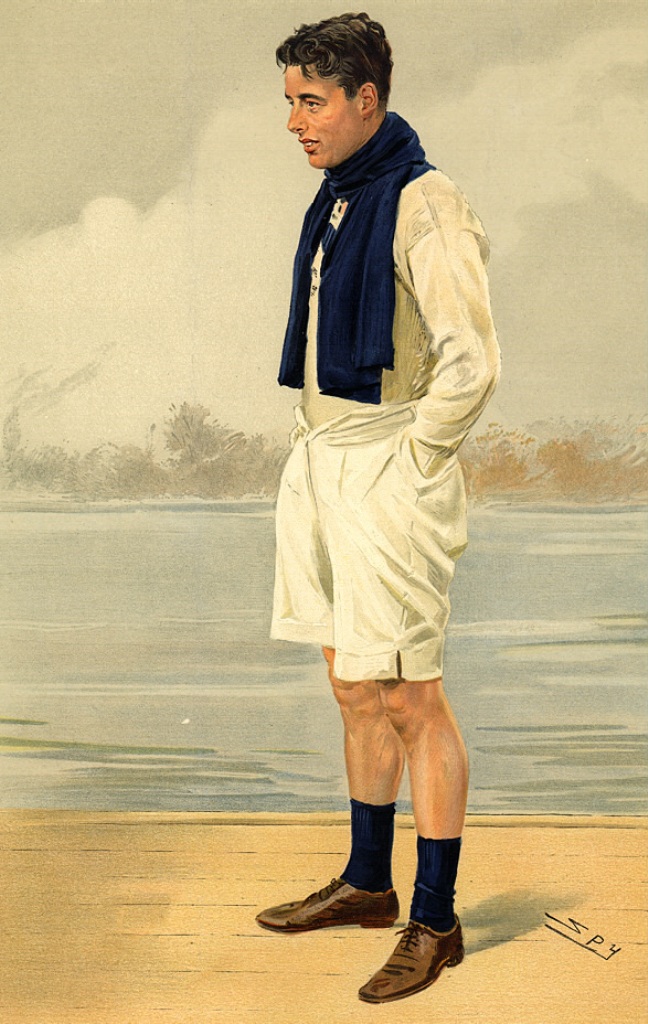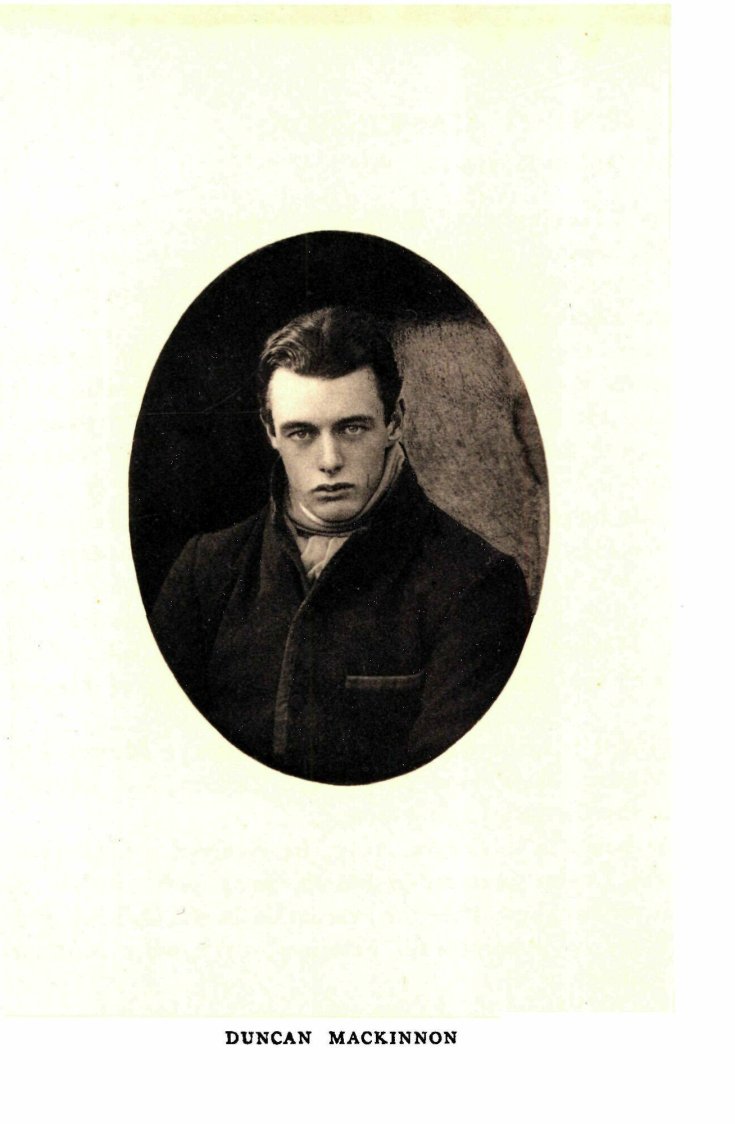
It’s fascinating, when researching for my forthcoming book, to realise just what a range of influences Rugbeians had over the end of the 19th Century and the beginning of the 20th. I’d already come across one Olympian, Kenneth Powell, from Michell House, who played tennis at Wimbledon as well as representing Great Britain in the hurdles at both the 1908 and 1912 Olympics. Yesterday, however, I realised that there was another.
Duncan Mackinnon was born in Ronachan, Argyll, on the 29th of September 1887. Between 1902 and 1905 he was a member of Stallard’s House (now Tudor) in Rugby School, but it was once he arrived at Magdalen College, Oxford, in 1906 that he would come across the sport that would make him famous, rowing. Not only did he row in the Blue Boat for three consecutive years (1909-11), but Oxford won the Boat Race in all three of those years, setting a new record in the last. That was perhaps no surprise, as Magdalen had been chosen to represent GB in the 1908 London Olympics, with Donald’s crew winning Gold in the coxless Fours. The Vanity Fair print above shows him on Boat Race day, and the photo below in his Blues blazer. He really was one of the star oarsmen of his generation.
In 1913 and 1914 he worked for the family business in Calcutta, also beginning his military career by serving as a Lance Corporal in the Calcutta Light Horse, but it was in February 1915 that he returned to England and to a commission in the Royal North Devon Hussars. He served with them in Gallipoli and Egypt, but after two years he transferred to the 1st Battalion, Scots Guards, and embarked for Belgium. As the Battle of Passchendaele raged the Guards Division found itself engaged in the Battle of Poelcapelle on the 9th of October 1917, and it was at about 7:15pm on that day that Lt Duncan Mackinnon, Rugbeian, Olympian and soldier, was shot and killed, aged 30. The Battalion War Diary simply states ‘Lt D Mackinnon was killed after the second objective was reached’.
A junior officer of the battalion wrote:
” We have lost one who has endeared himself to all ranks and has proved himself a splendid and gallant soldier. We can ill afford to lose such an Officer. His Regiment honour his memory and realise his loss to it.”


Leave a comment